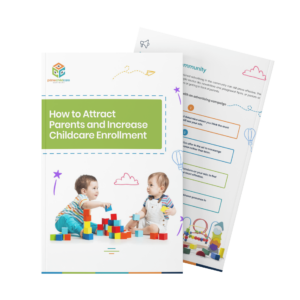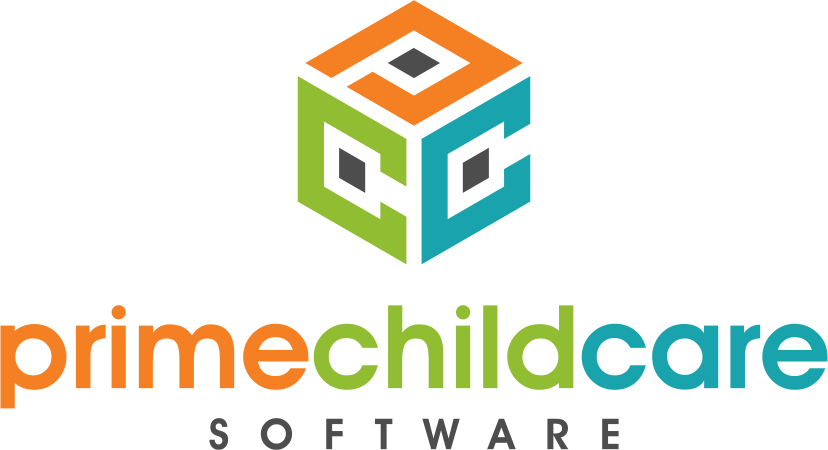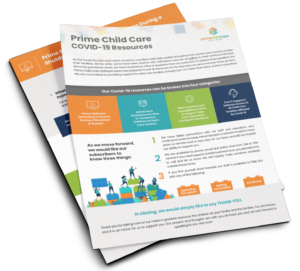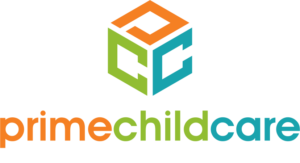Operating a daycare service is an excellent means of supporting your community. In light of the COVID-19 crisis, your contributions to society are more critical than ever. That said, running a daycare comes with tremendous obligations. Remaining financially viable plays a major role in your ability to provide high quality, reliable child care for your customers. For this reason, monitoring the liability-related expenses of your business is necessary.
Explaining Liability-Related Expenses
Liabilities are financial obligations you incur during the course of your facility’s operations. They also include legal financial debts.
Most daycare centers have short term liabilities (12 months or less) and long term liabilities (12 months or longer). Despite being defined as an obligation, liabilities also include former business transactions that result in economic benefits in the future.
Recorded on the right side of the balance sheet, liabilities include items such as:
- Accrued expenses
- Unearned premiums
- Mortgages/rents
- Deferred revenues
- Loans
- Accounts payable
Various Costs From Startup to Fully Operational
Operational costs should reflect everything that goes into managing your daycare facility. The average capital needed to launch a successful childcare center ranges between $10,000 and $50,000.
For those taking over an existing child care facility, a complete renovation may cost an average of $55,000 and up, according to Chron. In addition to this, educational supplies and equipment may run above $5,000, and classroom supplies may cost over $60 per child. Other common liability-related expenses include legal representation, marketing, insurance, equipment, as well as payroll — bringing potential startup costs to nearly $100,000 or more.
Possible Liability-Related Expenses in Light of COVID-19
Childcare facilities that remain open face some difficult challenges. To date, at least four states are providing free childcare services to children of grocery store workers, emergency medical staff, health professionals, and law enforcement. Meanwhile, states like Ohio will soon allow daycare centers and churches to apply to open short-term childcare facilities for children of emergency workers.
However, each center must grapple with a number of issues like higher staff-to-child ratios resulting from the need to hire additional staff. Daycare centers also face potential legal liabilities if children or staff contract coronavirus.
In light of this, the Centers for Disease Control and Prevention (CDC) has issued Supplemental Guidance covering a range of child care programs. In the CDC’s Supplemental Guidance, keeping all surfaces clean is critical. The new health directives may lead to many facilities hiring additional cleaning staff, thus increasing their payroll obligations during a time of social and economic instability.
Liability-Related Expenses Pertaining to ADA Compliance
If you run a child care facility, you will likely care for children with special needs.
In such a scenario, your liability-related expenses may increase, depending on the child’s needs. The Americans with Disabilities Act requires most child care providers, regardless of size or number of employees, to comply with Title III of the ADA. In addition, many small, home-based centers will also have to comply with the provisions of Title III.
The only exception to this rule “is child care centers that are actually run by religious entities such as churches, mosques, or synagogues. Activities controlled by religious organizations are not covered by Title III.”
In accordance with the ADA, childcare centers may have to pay for special renovations to make facilities more accessible to children with special needs.
The Child Care and Development Fund: A Reliable Buffer During Downturns
During an economic downturn, the Child Care and Development Fund may prove critical to both daycares and parents. This program provides assistance to low-income families who need child care. The Child Care and Development Fund webpage states:
“In order to qualify for this benefit program, you must be a parent or primary caregiver responsible for children under the age of 13 years of age, or under 19 if incapable of self-care or under court supervision who needs assistance paying for childcare; and must also characterize your financial situation as low income or very low income. In order to qualify, you must also be either employed or in some States enrolled in a training or education program.”
Daycare facilities wishing to become an affiliate of the Child Care and Development Fund must adhere to the Federal Affiliate Policy. This type of government assistance program guarantees a steady income — even during economic downturns. To qualify, daycare centers must comply with a set of federally-mandated “best business practices.”
In addition, qualifying as an affiliate also requires close monitoring of liability-related finances. The United States government wants to be sure that funds are not misappropriated. This means program affiliates will be subject to random audits.
Daycares should also take advantage of the numerous local, state, and federal tax benefits available (dependent on location). Monitoring your liability-related expenses will also ensure that you don’t miss out on valuable tax deductions. To help with this, Prime Child Care offers a complete suite of configurable reports to track your center’s financial health.
$2 Trillion Stimulus Package Includes Relief for the Childcare Industry
On March 27, 2020, President Donald Trump signed a $2.2 trillion stimulus package into law. Specifically, the CARES Act allocates $3.5 billion for the Child Care and Development Block Grant program. Funds will help childcare centers stay in business and continue paying their staff. The law also provides $750 million to Head Start programs to meet the coronavirus-related needs of children and their families.
The most critical portion of the Cares Act centers on the Paycheck Protection Program. Funding will help daycare centers meet liability-related expenses (rent, mortgage, utilities, payroll). These federally guaranteed loans don’t require collateral or personal guarantees. In addition, loan payments will be deferred for six months and be forgiven entirely if daycare centers maintain their payrolls and keep their staff.
And, if you have fewer than 500 employees, you may qualify for an Emergency Economic Injury Disaster grant to cover costs like paid sick leave, rent/mortgage, and payroll. The Families First Coronavirus Response Act also has provisions that may help. Your center will be eligible for 100% reimbursement if you provide up to 12 weeks of paid leave for your employees.
All things considered, the childcare industry continues to face unprecedented challenges. To help, Prime Child Care Software offers software solutions to monitor your center’s liability-related expenses. Insight into your facility’s daily operations will prove especially critical during the COVID-19 crisis. If you’d like to learn how to protect your center financially during this time, contact us today. Be sure to check our blog for new information as we face this ongoing crisis.
Recent Articles from Prime:

3 Ways to Ensure Parents and Guardians Are Reading Health Notices and Policy Changes
Now more than ever parents need to stay up-to-date with your daycare center. Getting them the information is easy. Getting them to actually read it, though, tends to be much more difficult. So how do you make sure important information is getting to parents? … Read More

7 Top Digital Marketing Strategies for Daycares
How do you get parents to choose your daycare? Are you struggling to increase your enrollment numbers? If so, implement our top digital marketing strategies today! … Read More

How to Attract Parents and Increase Childcare Enrollment Guide
There is an art to attracting and winning over parents when you are trying to boost your enrollment.
Check out this guide for some tips that will help you to help tackle the question of how to increase the number of enrolled and waitlisted kiddos for your center. … Read More

How To Kick Start Your Classroom & Inspire Creativity In Childcare
Who Says You Have To Color Inside The Lines? Gone (and good riddance) are the days of desks aligned in rows and teaching to an answer. Gone are the days of ignoring the process or inventiveness of how someone arrived











